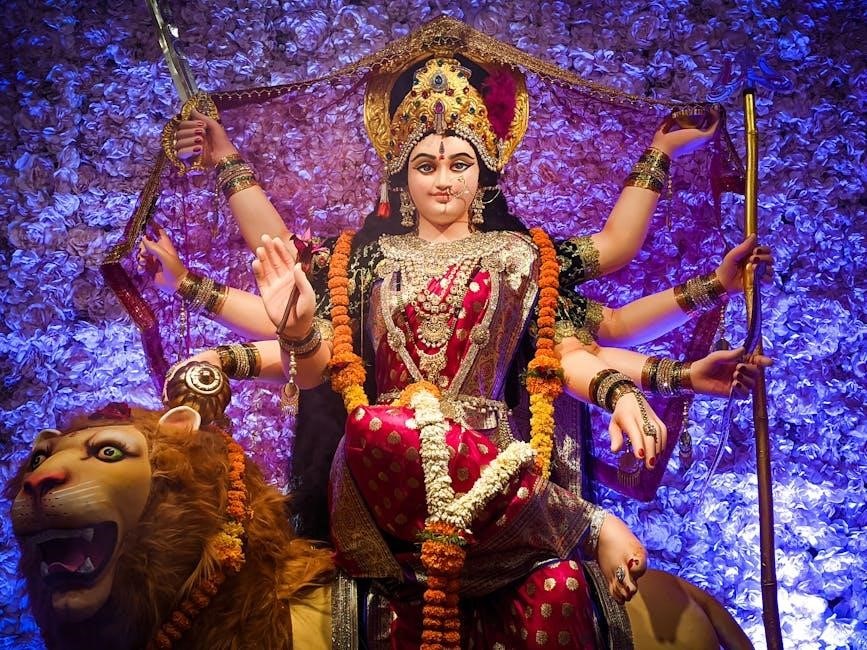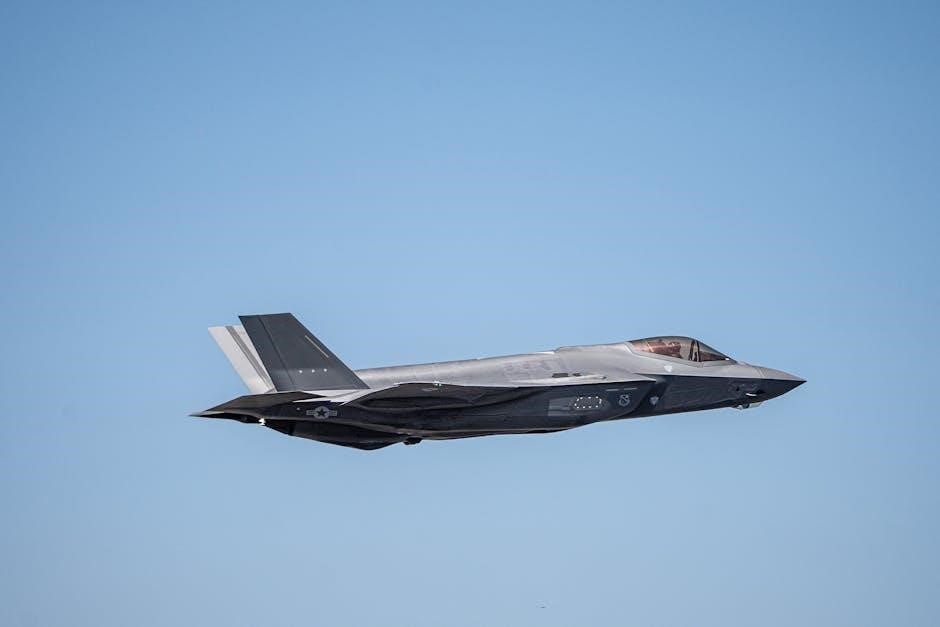A General Power of Attorney (GPA) is a legal document enabling NRIs to appoint a trusted representative in India to manage property, financial, and legal matters seamlessly.
What is a General Power of Attorney?
A General Power of Attorney (GPA) is a legal document that authorizes a trusted individual in India to manage an NRI’s affairs, including property, finances, and legal matters.
NRIs often face challenges managing property, financial, or legal matters in India due to their absence. A GPA allows them to appoint a trusted representative to handle these responsibilities efficiently, ensuring their interests are safeguarded without requiring their physical presence.
It is particularly useful for tasks like selling or purchasing property, operating bank accounts, and resolving legal disputes, making it an indispensable tool for NRIs with assets or obligations in India.

Key Features and Benefits of a General Power of Attorney for NRIs

A GPA empowers NRIs to manage property, finances, and legal matters in India through a trusted attorney, ensuring convenience, legal compliance, and peace of mind.
Scope of Authority in a GPA
A General Power of Attorney (GPA) for NRIs in India authorizes the appointed attorney to manage a wide range of matters, including property transactions, financial decisions, and legal obligations. It allows the attorney to buy, sell, or rent property, operate bank accounts, handle investments, and resolve legal disputes on behalf of the NRI. The scope is comprehensive, enabling the attorney to act as a lawful representative in all specified affairs in India.
Benefits of Having a GPA as an NRI
A General Power of Attorney (GPA) offers NRIs a convenient and legally compliant way to manage property, financial, and legal matters in India. It ensures seamless execution of transactions, avoids delays, and reduces the need for physical presence. The GPA empowers the attorney to handle day-to-day affairs efficiently, resolving disputes and ensuring compliance with Indian laws. It provides peace of mind, knowing that trusted representatives are safeguarding interests in India.

Process of Creating a General Power of Attorney in India
Creating a GPA involves drafting a deed on non-judicial stamp paper, notarization, and preparing two copies. The attorney must be an Indian resident to ensure validity.
Steps to Draft a GPA
- Begin with a clear structure, including the NRI’s and attorney’s details.
- Outline the scope of authority, such as property management or financial transactions.
- Include specific clauses for tasks like selling property or operating bank accounts.
- Ensure the document is on non-judicial stamp paper of appropriate value.
- Add witness signatures for validation.
- Notarize the document, mandatory if executed outside India.
- Register the GPA if required by state laws or if the attorney is not a close relative.
Execution and Notarization Requirements
The GPA must be executed on non-judicial stamp paper of appropriate value, signed by the NRI and attested by two witnesses. If executed in India, the document is validated with witness signatures. For execution outside India, it must be notarized by a Notary Public and attested by the Indian embassy or consulate. Notarization is mandatory for documents executed abroad, ensuring authenticity and legal enforceability in India.

General Power of Attorney for NRIs: Execution Outside India
For NRIs executing a GPA outside India, it must be notarized by a Notary Public and attested by the Indian embassy or consulate. The attorney must be an Indian resident.
Requirements for Executing a GPA Abroad
NRIs executing a GPA outside India must ensure the document is notarized by a Notary Public and attested by the Indian embassy or consulate. The attorney must be a resident of India. The GPA should be executed on non-judicial stamp paper of appropriate value as per the state’s requirements. The document must include the grantor’s details, attorney’s details, and a clear scope of authority. Proper attestation ensures its validity in India.
Role of Indian Embassies/Consulates in Attestation
Indian embassies and consulates play a crucial role in attesting GPAs executed abroad by NRIs. They verify the authenticity of the document and ensure it meets legal requirements for validity in India. The embassy or consulate stamps the GPA, confirming the notarization process. This attestation is essential for the GPA to be recognized and acted upon by Indian authorities, enabling the attorney to manage affairs seamlessly on behalf of the NRI.
Registration of a General Power of Attorney in India
Registration of a GPA is mandatory in India, ensuring legal validity. The process involves submitting the deed to the Sub-Registrar, along with required documents, for official recording.
Documents Required for Registration
The original General Power of Attorney (GPA) executed on appropriate non-judicial stamp paper, along with copies of the grantor’s passport, PAN card, and address proof. Witnesses’ IDs and signatures are also required. If the GPA is executed abroad, it must be notarized and attested by the Indian Embassy or Consulate. All documents must be submitted to the Sub-Registrar for verification and registration.
Procedure for Registering a GPA
Submit the General Power of Attorney (GPA) to the Sub-Registrar office, ensuring it is executed on appropriate non-judicial stamp paper. Attach identity proofs like passport and PAN card copies. Witness signatures are mandatory. If executed abroad, the GPA must be notarized and attested by the Indian Embassy. Pay the prescribed registration fee and complete formalities. The Sub-Registrar verifies the document before registration, ensuring authenticity and compliance with legal norms. Collect the registered GPA post-verification.

Legal Requirements and Stamp Duty for GPA
A GPA must be executed on non-judicial stamp paper, with stamp duty varying by state. Notarization is mandatory, ensuring compliance with legal norms and authenticity.
Stamp Duty on General Power of Attorney
Stamp duty on a GPA varies by state in India. For close relatives, it’s typically nominal, while higher rates apply for non-relatives. The duty must be paid on non-judicial stamp paper, ensuring the document’s legality. The exact amount depends on the state and the GPA’s scope, making it essential to consult local regulations or a legal expert to ensure compliance.
Notarization and Witness Requirements
A General Power of Attorney must be notarized by a Notary Public to ensure authenticity. When executed outside India, it requires attestation by an Indian embassy or consulate. Two witnesses are mandatory, and their signatures must accompany the document. Proper notarization and witnessing prevent fraud and ensure the GPA’s legal validity in India. This step is crucial for maintaining the integrity of the document and enabling smooth execution of the entrusted powers.
Sample General Power of Attorney for NRIs
Downloadable templates for NRIs include a standardized GPA format, allowing appointment of a trusted attorney in India. These samples outline authorization scope, witness signatures, and legal language.
Downloading a Sample GPA Template
NRIs can easily download General Power of Attorney (GPA) templates online from legal websites or Indian embassy resources. These templates are customizable to suit specific needs, ensuring compliance with Indian legal standards. They typically include sections for grantor and attorney details, authorization scope, and witness signatures. Downloading a sample GPA template saves time and provides a structured format for creating a legally valid document. Ensure it is printed on appropriate stamp paper and notarized for validity in India.
Customizing the Sample for Specific Needs
Once downloaded, a GPA template can be tailored to meet individual requirements. NRIs can specify the scope of authority, such as property management, financial transactions, or legal matters. Customization ensures the document aligns with personal circumstances and Indian legal standards. It is essential to include detailed clauses for clarity and consult a legal expert to avoid errors. The finalized document must be printed on appropriate stamp paper and notarized to ensure validity.
Tips for Drafting a General Power of Attorney
Include specific clauses for property, finance, or legal matters. Ensure clear language and consult a legal expert to avoid errors. Proper execution and notarization are essential.
Key Clauses to Include in a GPA
A GPA should include clauses appointing the attorney, defining their powers, and specifying the duration. Key areas include property management, financial transactions, and legal representation. Ensure compliance with Indian laws and avoid ambiguity. Clearly outline the attorney’s authority to sell, purchase, or transfer assets. Include revocation terms and conditions for sub-agents. Consulting a legal expert ensures all clauses are tailored to the NRI’s specific needs and comply with regulatory requirements.
Importance of Legal Consultation
Legal consultation is crucial for NRIs drafting a GPA to ensure compliance with Indian laws and prevent future disputes. A lawyer can help tailor the document to specific needs, avoiding legal pitfalls. They verify the attorney’s authority, ensure proper stamp duty, and guide notarization processes. Expert advice safeguards the NRI’s interests and guarantees the GPA’s validity, minimizing risks associated with misrepresentation or misuse of power. Professional oversight ensures clarity and enforceability.

Difference Between General and Special Power of Attorney
A General Power of Attorney (GPA) grants broad authority to manage all affairs, while a Special Power of Attorney (SPA) is limited to specific tasks, ensuring tailored control for NRIs.

Understanding Special Power of Attorney
A Special Power of Attorney (SPA) grants authority to act on specific matters, such as property transactions or legal cases. It is ideal for NRIs needing representation in targeted tasks. Unlike a GPA, an SPA is limited in scope and duration, reducing risks. It is revocable and terminates upon completion of the specified task or if the principal becomes incapacitated, offering controlled delegation for precise needs.
Choosing the Right Type of POA
Choosing the right POA depends on specific needs. A General Power of Attorney (GPA) is ideal for managing broad affairs, while a Special Power of Attorney (SPA) is suited for specific tasks. NRIs should assess the scope of authority, duration, and level of control desired. Consulting a legal expert ensures the chosen POA aligns with their requirements, avoiding potential legal complications and ensuring seamless execution of their instructions in India.
Common Mistakes to Avoid When Creating a GPA
Errors in Execution and Documentation
Common mistakes include incorrect notarization, using non-judicial stamp paper, and appointing a non-resident attorney. Ensuring proper execution and documentation is crucial to avoid legal issues.
Common errors include using incorrect stamp paper, improper notarization, and omitting essential details like grantor and attorney information. Ensuring the attorney is an Indian resident and the document is executed on non-judicial stamp paper is vital. Failure to comply with legal requirements can render the GPA invalid, leading to legal complications. Proper documentation and adherence to formalities are essential to avoid disputes and ensure enforceability.
Consequences of a Poorly Drafted GPA
A poorly drafted GPA can lead to invalidation, rendering it unenforceable and causing legal and financial repercussions. It may result in delays or disputes in property transactions, financial matters, or legal proceedings. In some cases, authorities may reject the document, requiring costly revisions or re-execution. This can hinder the attorney’s ability to act effectively, exposing the NRI to potential losses and complications. Proper legal consultation is essential to avoid such risks.

Role of the Attorney General of India in POA Matters
The Attorney General of India provides legal advice to the government on POA matters, ensuring adherence to legal frameworks and representing the state in disputes involving POAs.
Legal Framework Governing POA in India
The legal framework governing Power of Attorney (POA) in India is primarily regulated under the Indian Contract Act, 1872, and the Power of Attorney Act, 1882. These acts outline the execution, validity, and enforceability of POAs, ensuring they align with Indian legal standards. The Registration Act, 1908 also plays a role, mandating registration for certain types of POAs. This structured legal environment ensures that POAs, including those created by NRIs, are legally binding and protect the interests of all parties involved.
Dispute Resolution and Legal Remedies
In cases of disputes related to a General Power of Attorney (GPA), Indian courts, particularly civil courts, adjudicate matters based on the Indian Contract Act, 1872, and the Power of Attorney Act, 1882. Misrepresentation, breach of trust, or non-compliance with legal formalities can lead to legal challenges. NRIs and attorneys can seek remedies such as revocation, damages, or specific performance. Consulting legal experts ensures effective resolution and protects the interests of all parties involved in GPA disputes.
